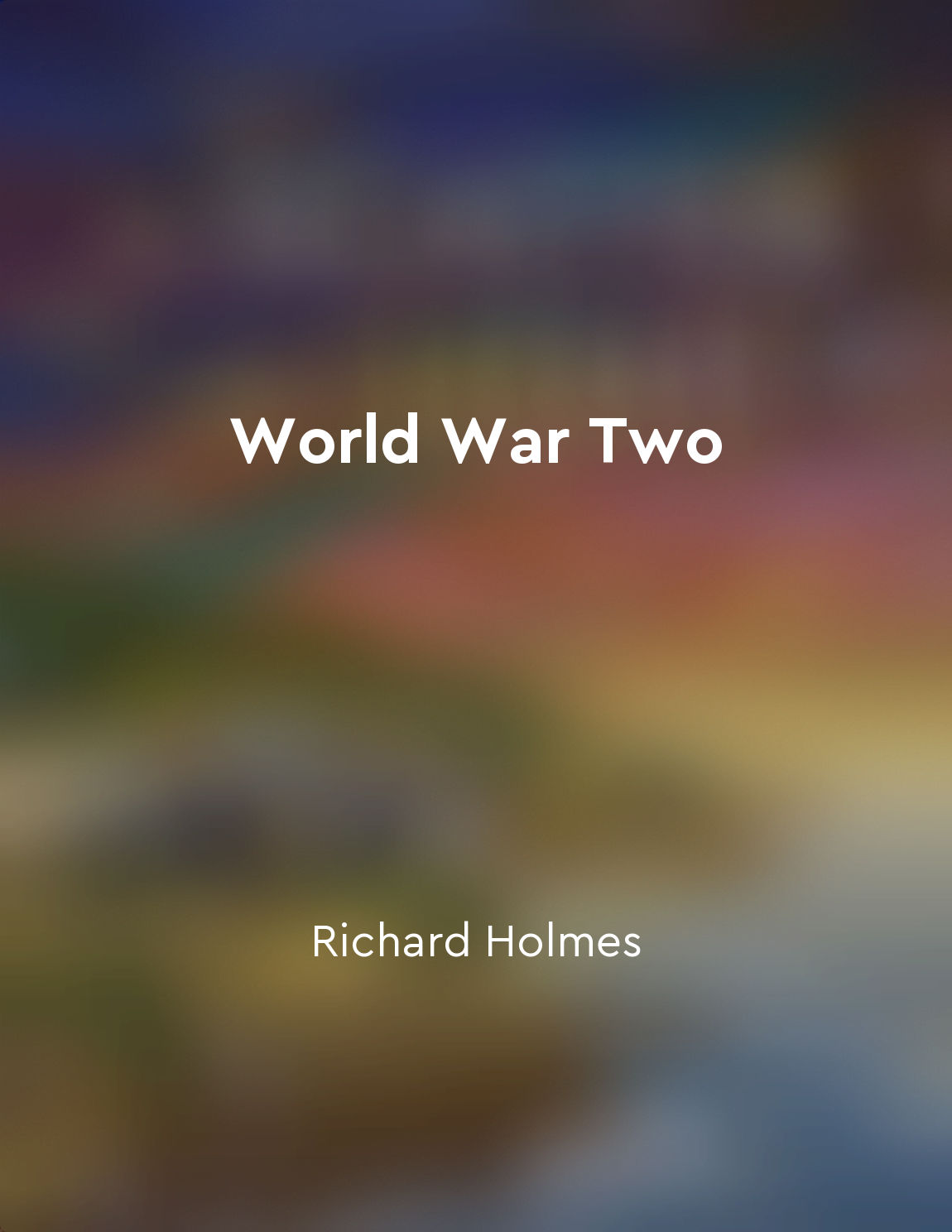The denial of responsibility enables atrocities to occur unchecked from "summary" of The Origins of Totalitarianism by Hannah Arendt
The denial of responsibility plays a crucial role in allowing atrocities to take place without consequence. When individuals refuse to acknowledge their own agency and instead shift blame onto others or claim ignorance, they create a dangerous environment where evil deeds can be committed unchecked. This lack of accountability creates a moral vacuum in which individuals feel justified in carrying out horrific acts, knowing they can evade punishment by denying their involvement. Totalitarian regimes thrive on this culture of denial, manipulating individuals into believing they are not responsible for the atrocities being carried out in their name. By fostering a collective sense of irresponsibi...Similar Posts
Power can be used to benefit or harm others
Power, as I have explored in the preceding pages, is a dynamic force that can shape our interactions with others, our communiti...
Disciplinary power produces docile bodies
Disciplinary power operates through a precise set of mechanisms designed to mold individuals into obedient and compliant subjec...

Artificial intelligence transforms human interactions
In a world where artificial intelligence is becoming increasingly prevalent, the way we interact with one another is undergoing...
El Salvador civil war demonstrates US intervention
William Blum's account of the civil war in El Salvador paints a clear picture of the extent of US intervention in the conflict....
Warsaw Pact
In the aftermath of World War II, the Soviet Union sought to consolidate its power in Eastern Europe through a series of politi...

Intelligence operations intensified
As World War Two progressed, the importance of intelligence operations became increasingly evident to military leaders on all s...
Construction of gas chambers and crematoria
The construction of gas chambers and crematoria was a pivotal aspect of the Nazis' plan to exterminate the Jewish population of...
The internal conflicts within alQaeda
The internal conflicts within alQaeda were rooted in the differing visions of its leaders. Osama bin Laden, the group's founder...
Both Buddha and Karl Marx challenge existing power structures
Buddha and Karl Marx both stand as pioneers, challenging the prevailing power structures of their times. They were visionaries ...
The liberation of concentration camps exposed the world to the horrors of Nazi atrocities
The liberation of the concentration camps by the Allied forces in the final months of the war brought to light the full extent ...
